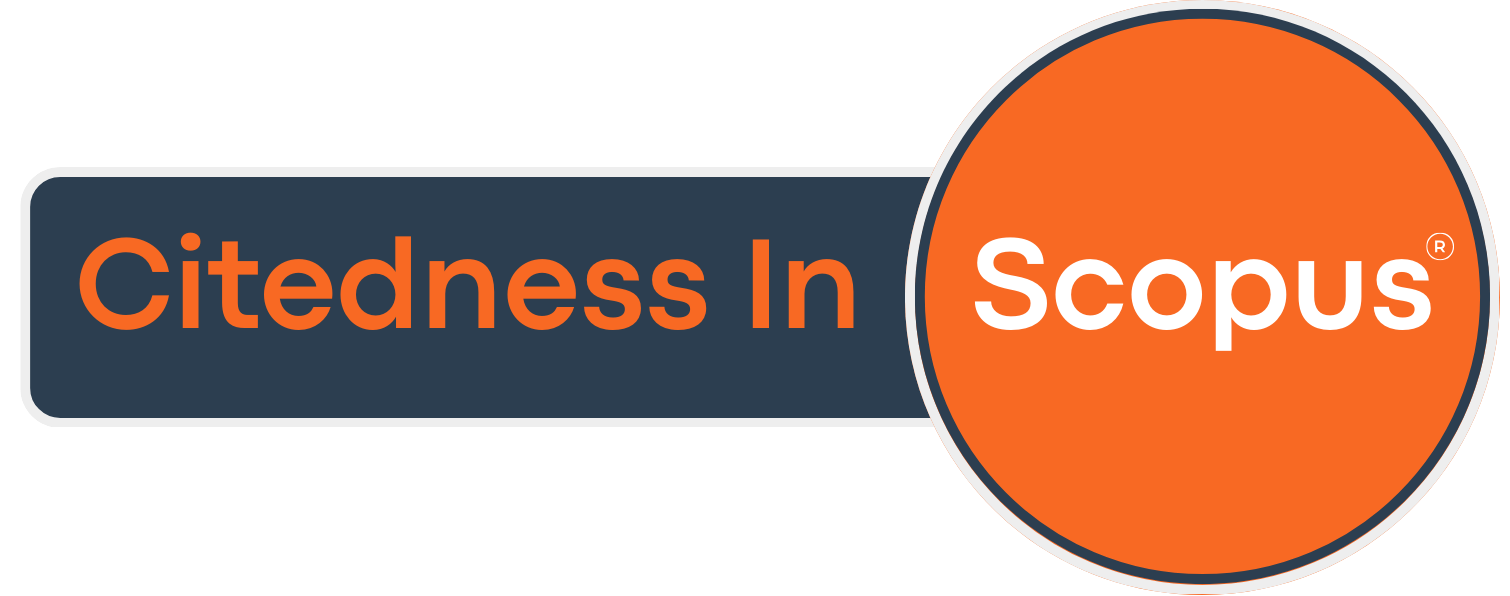ANALYTICAL STUDY OF THE ROLE MODEL OF THE RASULULLAH'S LEADERSHIP CHARACTERISTICS AND ITS IMPLEMENTATION IN ISLAMIC EDUCATIONAL INSTITUTIONS
Downloads
The urgency of role modeling the leadership characteristics of Rasulullah and its implementation in Islamic educational institutions is very important because Rasulullah Muhammad SAW is the main example in all aspects of life, including leadership. Implementing the leadership characteristics of the Prophet Muhammad in Islamic educational institutions not only forms strong and effective leadership, but also creates a harmonious and productive learning environment. By taking the Prophet as an example, leaders and managers of Islamic educational institutions can ensure that they not only achieve educational goals academically, but also build strong character and morals in their students in accordance with Islamic teachings. This research is a literature study. This paper uses three types of source materials, namely: primary, secondary and tertiary. The analytical technique applies three analytical techniques: deductive, inductive and comparative. The results of the research show that the characteristics of the Prophet's leadership include: Godly, Universal, Humanist, Realistic, Harmonious, Just, Easy and Dynamic. The role of the Prophet Muhammad SAW began with forming a new people who had their own intellectual abilities, behavior, morals, laws, legislation and language. So that if the individuals in it grow and interact with other worlds, whose beliefs and behavior are completely different, with other ummah, the leadership models include, among others, education that begins in the family, education by reading and writing the Koran and establishing educational institutions
. Abdurrahman Mas’ud, Intelektual Pesantren Perhelatan Agama dan Tradisi, (Yogyakarta: LKiS, 2004)
. Ahmad D.Munir Muslim Education prior to the Establishment of Madrasa, Islamic Studies, 26, 4 Musim dingin (1987)
. Ajepri, F. (2016). Kepemimpinan efektif dalam manajemen berbasis sekolah. Al-Idarah: Jurnal Kependidikan Islam, 6(1). http://dx.doi.org/10.24042/alidarah.v6i1.793
. Alkattani, A. H., & Ramdanu, A. (2023). Kepemimpinan Nabi Muhammad Shalallahu ‘alahi wasallam dalam sistem pendidikan. Tawazun: Jurnal Pendidikan Islam, 16(1), 99–106. https://doi.org/10.32832/tawazun.v16i1.8239
. Attabari, Tarikh Al-Umam Wa Al-Mulk, III, (Leiden, 1881)
. Euis Karwati & Donni Juni Priansa, Kinerja dan Profesionalisme Kepala Sekolah Membangun Sekolah yang Bermutu, Bandung: CV Alfabeta, 2013), cet.1
. Fadhli, M. (2016). Kepemimpinan kepala sekolah yang efektif dalam menciptakan sekolah efektif. Jurnal Tarbiyah, 23(1). http://dx.doi.org/10.30829/tar.v23i1.119
. Haryanto, Rasulullah Way of managing people seni mengelola sumberdaya manusia, (Jakarta: Khalifah, 2008)
. Jalaluddin Al-Mahalli dan Jalaluddin As-Syuyuti, Tafsir Jalalain Jilid 2 (Bandung: Sinar baru Algensindo, 2005)
. Jamal Madhi, Menjadi Pemimpin yang efektif dan Berpengaruh: Tinjauan manajemen Kepemimpinan Islam, Terj. Anang Syafrudin dan Ahmad Fauzan, (Bandung: PT Syaamil Cipta Media, 2002)
. M. Daryanto, Administrasi dan Manajemen Sekolah, (Jakarta: PT Rineka Cipta, 2013)
. M. Hamidullah, (1939). Educational system in the time of the Prophet, Islamic Culture, 13(1).
. Marno, Triyo Supriyatno, Manajemen dan Kepemimpinan Pendidikan Islam, (Bandung: Refika Aditama, 2008)
. Mujamil Qomar, Manajemen Pendidikan Islam Strategi Baru Pengelolaan Lembaga Pendidikan Islam, (Jakarta: Erlangga, 2007)
. Munawar Khalil, Kelengkapan Tarikh Nabi Muhammad Shallallahu Alaihi wa Sallam II A, (Jakarta: Bulan Bintang, 1994)
. Nasy’at Al-Masri, Senyum-Senyum Rasulullah, (Jakarta: Gema Insani Press, 1991)
. Royster, J. E. (1978). Muhammad As Teacher And Exemplar. The Muslim World, 68(4), 235-258.
. Siregar, D., & Musfah, J. (2022). Model Kepemimpinan Pendidikan Rasulullah SAW. Jurnal Tarbiyatuna: Kajian Pendidikan Islam, 6(2), 203-215. https://doi.org/10.29062/tarbiyatuna.v6i2.1141
. Sugiyono. Metode Penelitian Kuantitatif, Kualitatif dan Tindakan. (Bandung: Alfabeta, 2013).
. Syaik Sa’id Hawwa, Arrasul Muhammad Saw. Terj. Jasiman, Fahruddin, Sundari, (Pajang: Media Insani Press, 2002).
Copyright (c) 2024 Yusri M. Daud

This work is licensed under a Creative Commons Attribution 4.0 International License.




















